Ariel Brown is the Board President and Founder of The Emotional PPE Project, an organization that connects health care workers in need with licensed mental health professionals who can help. Ariel is also an Associate Director, Medical Science at Sage Therapeutics. She is a neuroscientist who has done research on the brain in ADHD and bipolar disorder and helped develop the first drug approved for postpartum depression. She started The Emotional PPE Project merely by asking a friend “how can I help?” and by tapping into the goodwill of her personal and professional network.
Q: How’d you get the idea to start The Emotional PPE Project? What convinced you there was a need for it?
A: Before COVID, I’d been talking with my neighbor Dan, who’s in charge of the anesthesiology residents at Mass General Hospital, about how he could help support his residents’ mental well-being. They’re starting stressful hospital careers, and as their director and mentor, he wanted to provide the best support he can for them.
Then COVID hit. Dan’s residents went from having a stressful career to being on the frontlines of battle. They were experiencing patient deaths every day, working 80ish hours a week, and expected to show up in a white coat with PPE and a serious face, and treat a disease no one really knew how to treat. And put themselves and their families at risk of contracting COVID, too. They are not super-heroes. They are human. Figuring out how to help became even more of a priority.
I offered to tap into my network to see if I could find therapists to help support them. I put out a call on social media – my effort was aggressively grassroots. I had 69 therapists volunteering to help within 8 hours.
Q: Don’t residents have ready access to mental health services?
A: There are extensive barriers that keep health care workers from getting mental health treatment. I was shocked to learn that it’s just not accepted to ask for treatment, to get help. It’s part of the workplace culture, but it’s also been institutionalized.
Here’s an example: When you apply for a license to practice medicine in your state, you need to disclose your training, test scores, things that demonstrate you’ve mastered the field. But there’s also a section that assesses your “moral character.” In some states you have to disclose your mental health history here — the licensing application asks if you have ever seen a therapist at any point in your life, and if you say yes, you waive your rights to privacy, and your mental health history becomes public record. In other words, if you don’t want to be subject to investigation you cannot ask for professional support. In some states, questions about your criminal history and mental health history are in the same section, equating seeing a therapist with committing a felony.
Q: So how does The Emotional PPE Project work?
A: We’re an on-line directory of volunteer therapists. Any healthcare worker in need, anywhere in the country can contact a therapist in their state and have telehealth sessions with them for no cost and no insurance. We don’t know who contacts the therapists; it’s all confidential between the therapist and the healthcare workers. We don’t collect any information about anyone on our site. All of our therapists are volunteers who have committed to keeping time open in their practice to see health care workers pro bono.
Q: Do you have a sense of who’s using your services the most?
A: We’re getting general information from therapists about this – so far we have doctors, nurses, technologists, hospital support staff, and people working in senior care, places like nursing homes.
Our services are available to anyone working in health care. We intentionally define “health care worker” broadly and vaguely. Does a janitor working in a nursing home qualify? Absolutely. Because that person is supporting the health care system.
Q: You’ve grown at lightning speed. How did this happen?
A: My first phone call with Dan, when I asked how I can help, was March 31st. Four months later, we have volunteer mental health practitioners licensed to practice in every state in the U.S., and we are a full-fledged nonprofit 501 (c)(3) charity organization.
We started with Dan’s residents at MGH in April and word started getting out. Then the Boston Globe called to do a story, which appeared on the front page of the Metro Section on a Sunday. After that we really needed to scale up.
Now, there are 15 staff working in our organization, all unpaid volunteers, and most have day jobs. People came out of the woodwork and asked, “what can I do to help?” We’re fueled by emotional motivation and a willingness to use our individual skillsets to make things better.
Q: What’s surprised you since founding this organization?
A: The volume of donated services from individuals and from companies. We have a pro bono PR firm doing the equivalent of $50,000 of work. Conde Nast gave us free ad time on their podcasts. We got a free TV spot. There are so many types of skills and services needed to implement a project like this, and it has been seamless because so many people want to help. I am surrounded by Good People.
Q: What’s your biggest hurdle now? What do you need going forward?
A: We’re all volunteers working lots of hours unpaid, and some don’t want to work quite so much. I personally would like to spend more time with my family. I’d like to be able to pay someone to help run this, to not have to rely 100% on free services.
Q: How do you find the time to work a full-time job and run The Emotional PPE Project?
A: My day job is incredibly supportive because they see what I’m doing as important work. But I do work all of the time. My 9-year old will tell you that. For her birthday she asked for “Mama to work less.” Part of it is my way of coping; it’s a self-serving altruism model. I feel good when I’m working and accomplishing something.
Q: If you were invited to the White House would you go? If so, what would you say to Trump?
No. I would not go. He lives in his own malignant narcissistic reality, so anything I’d say to him would be filtered through his own self-serving, fragile ego. You don’t sit down with Godzilla and try to talk. You just get rid of him.


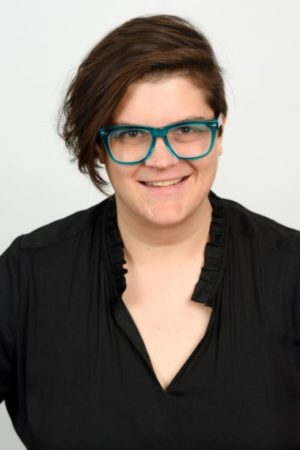
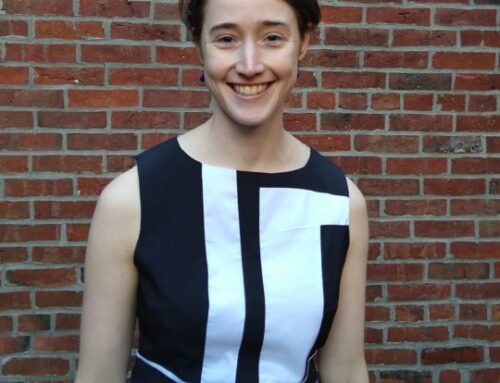
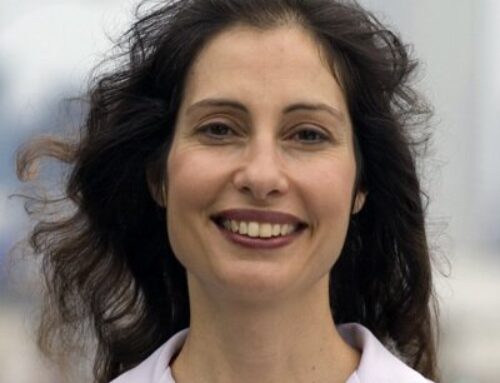
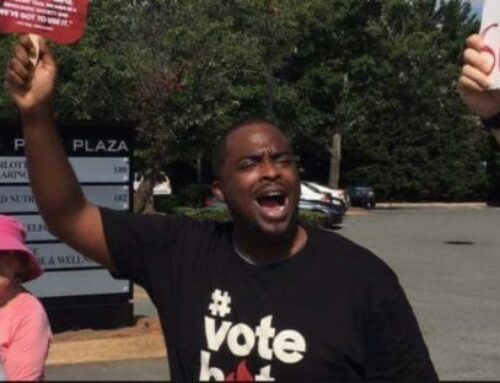
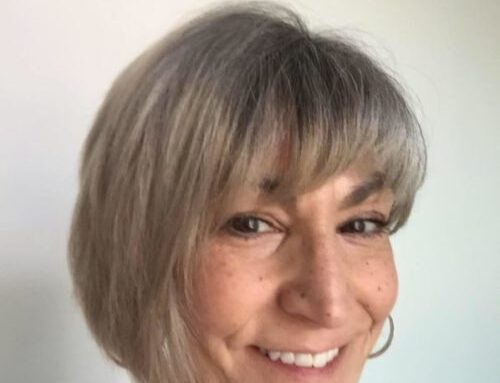
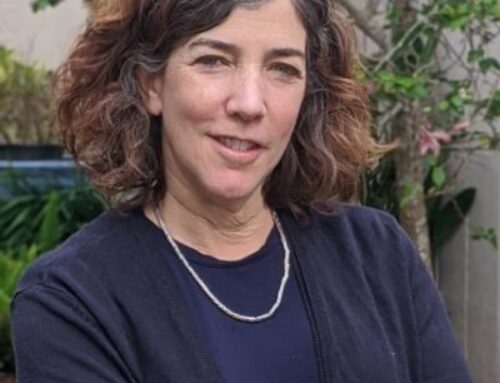
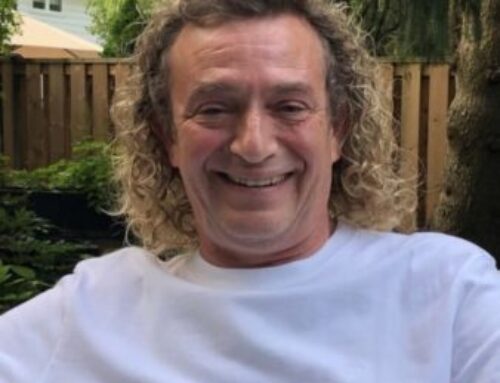

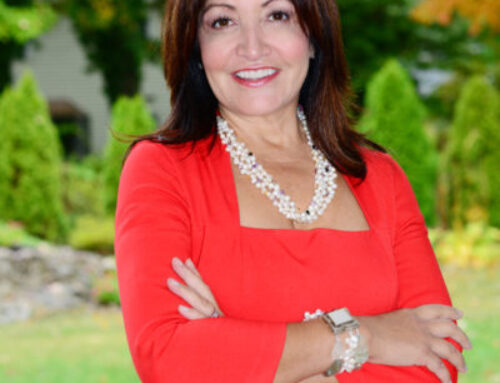
Leave A Comment